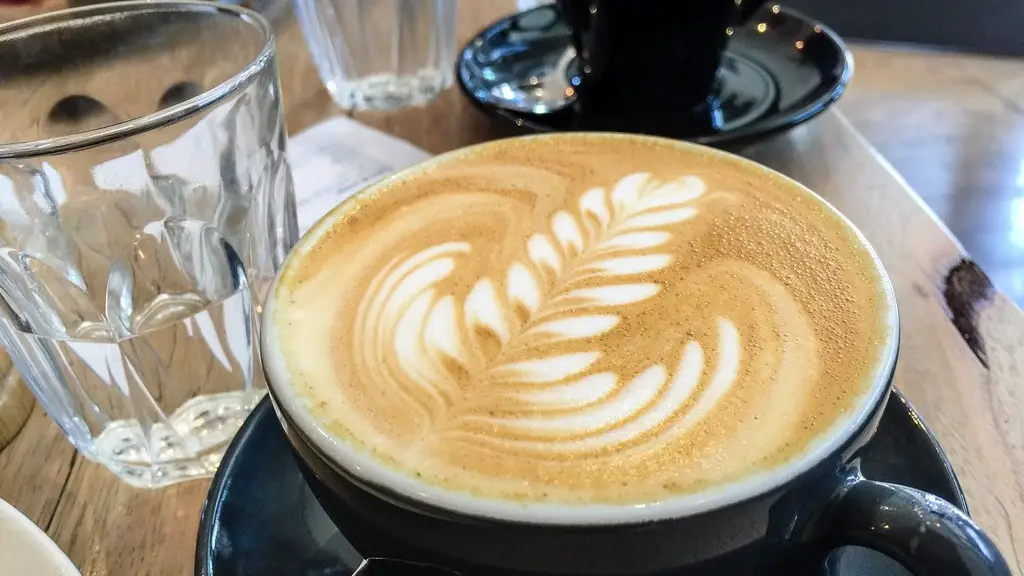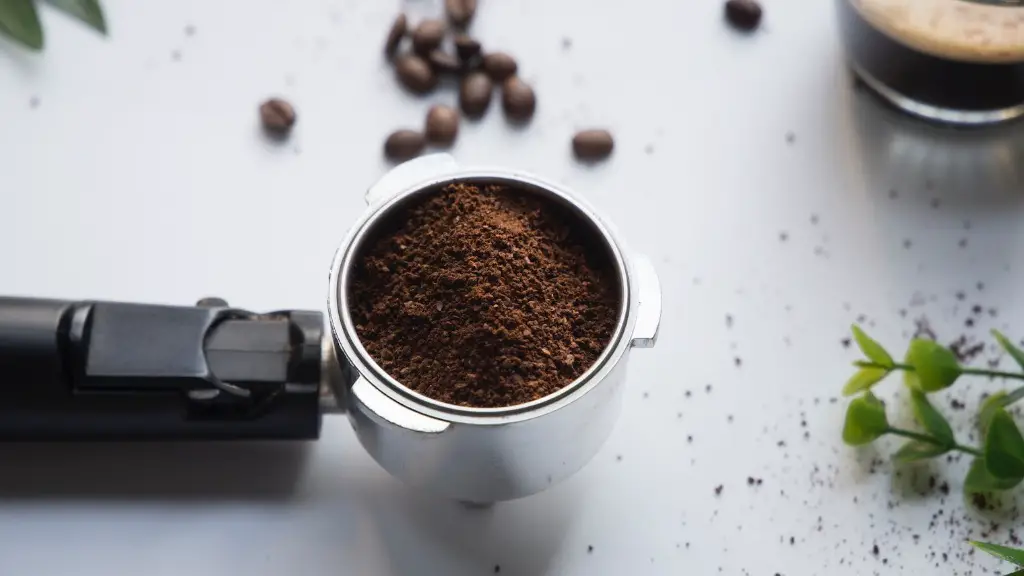When Should I Stop Drinking Coffee?
Coffee holds a strong place in cultures around the world. For centuries, many have utilized coffee as an energizing and flavorful addition to their daily diets. While coffee is consumed typically for its caffeinated benefits, excessive coffee can be detrimental to one’s health. The National Institute of Health has found that drinking too much coffee can increase one’s risk of developing gastroesophageal reflux and can lead to irritable bowel syndrome. Excessive consumption can also increase one’s risk of insomnia and the development of type 2 diabetes. Despite potential health risks, some have become so reliant on the caffeinated concoction for energy and productivity that it’s difficult for them to stop drinking it.
When it comes to deciding how much coffee to drink, the answer is truly subjective and based on individual preference. Generally speaking, it’s not recommended to start enjoying coffee before the age of 18 and health experts suggest that making sure to limit one’s consumption to no more than 4-6 cups of coffee a day. Although 4-6 might seem like a pretty high number for a daily consumption, it’s all about understanding the nuances of the body, how one’s hormones are affected, and how to make the right decisions to continue drinking in a healthy, safe way.
It is especially important to monitor one’s caffeine intake if they have a health issue that could be exacerbated by too much consumption, such as an anxiety disorder. It is recommended that individuals that are prone to panic attacks, anxiety or feelings of being overwhelmed speak to a healthcare provider and monitor their own caffeine consumption accordingly.
How Much Caffeine Does Coffee Contain?
When it comes to understanding caffeine’s effects on the body, it’s important to consider the amount of caffeine that each cup of coffee contains. A single cup of coffee can contain anywhere between 95 to 200 milligrams of caffeine, depending on the size of the cup, the individual brewing method, and the international variety of coffee. It is important to note that there are marked differences within the range, especially when comparing onebrewed cup to another. A single Starbucks grande cup of coffee contains around 320 milligrams of caffeine while a cup of illy-brand espresso contains closer to 74 milligrams of caffeine.
Are There Alternative Solutions?
For those who find themselves drinking excessive amounts of coffee, it is important to find alternative solutions to help replenish energy and achieve better mental focus. For one, drinking plenty of water is essential for keeping energy levels up and staying hydrated. As the most essential part of one’s diet, water not only helps with concentration but also helps to replenish electrolytes and flush out toxins. When it comes to replenishing energy and alertness, there are non-food solutions such as setting an alarm or stretching throughout the day. Additionally, working out and sticking to a balanced diet can help reap other long-term health benefits and can help fuel one’s body without relying on coffee.
Herbal Alternatives
For those wanting to stay away from coffee but still reap the benefits, there are a variety of herbal alternatives available such as green tea and oolong tea. Green tea contains a minimal amount of caffeine in comparison to coffee, with one cup containing approximately 40 milligrams of caffeine. Green tea can also be found in numerous flavors and provides a variety of health benefits such as being anti-inflammatory and anti-carcinogenic. Oolong tea also contains 45 milligrams of caffeine while providing significant dietary benefits such as aiding weight loss and lowering cholesterol.
Calming Drinks
In addition to these herbal alternatives, there are a variety of calming drinks that can be consumed for beverages such as chamomile tea, peppermint tea and lavender lemonade. Chamomile tea relaxes the body while also having anti-inflammatory, anti-spasmodic, and anti-bacterial benefits. Similarly, peppermint tea acts as an anti-inflammatory with anti-septic properties. For a caffeinated alternative, lavender lemonade acts as an energizer with natural stress-relieving properties.
Non-Beverage Options
For those looking for caffeine-free options, there are of course a variety of non-beverage options such as energy-boosting vitamin supplements. Vitamin B12 helps to create energy and increased focus and can easily be found in supplement form. Some other options include ashwagandha, one of the best-known adaptogenic herbs, and Rhodiola Rosea, which helps with high stress levels.
Caffeine Alternatives for Sleep
Caffeine can also have a detrimental effect on one’s sleeping patterns. In some cases, it has been discovered that coffee can remain in one’s bloodstream for up to 12 hours. To ensure both a good sleep and to avoid caffeine rushes, some may opt to take melatonin which is a naturally occurring hormone that helps with sleep patterns. Magnesium also aids in relaxation and can be taken as a supplement before bed. Other more tried and true solutions such as yoga and meditation can also go a long way.
Healthy Habits
For those looking to decrease their coffee consumption or kick it altogether, it is important to note that it may take some getting used to. Developing healthy habits is essential for breaking an old cycle. Trying to skip the afternoon cup of coffee, or scheduling a mini break each hour can help replace caffeine with a bit of fresh air or a few stretches. Doing little things like alternating with still or sparkling water can also help to first reduce and then replace coffee over time.
Putting the Pieces Together
When it comes to understanding the effects of coffee and the importance of moderation, it helps to put the pieces together and make an informed decision. Taking into account all of the factors such as age, risk of health concerns, and alternative solutions, there is no easy answer as to when one should stop drinking coffee. As with most things, understanding the body, current health, and daily habits can help guide understanding and moderation.


